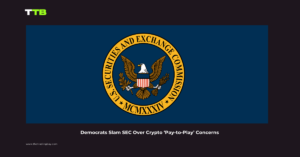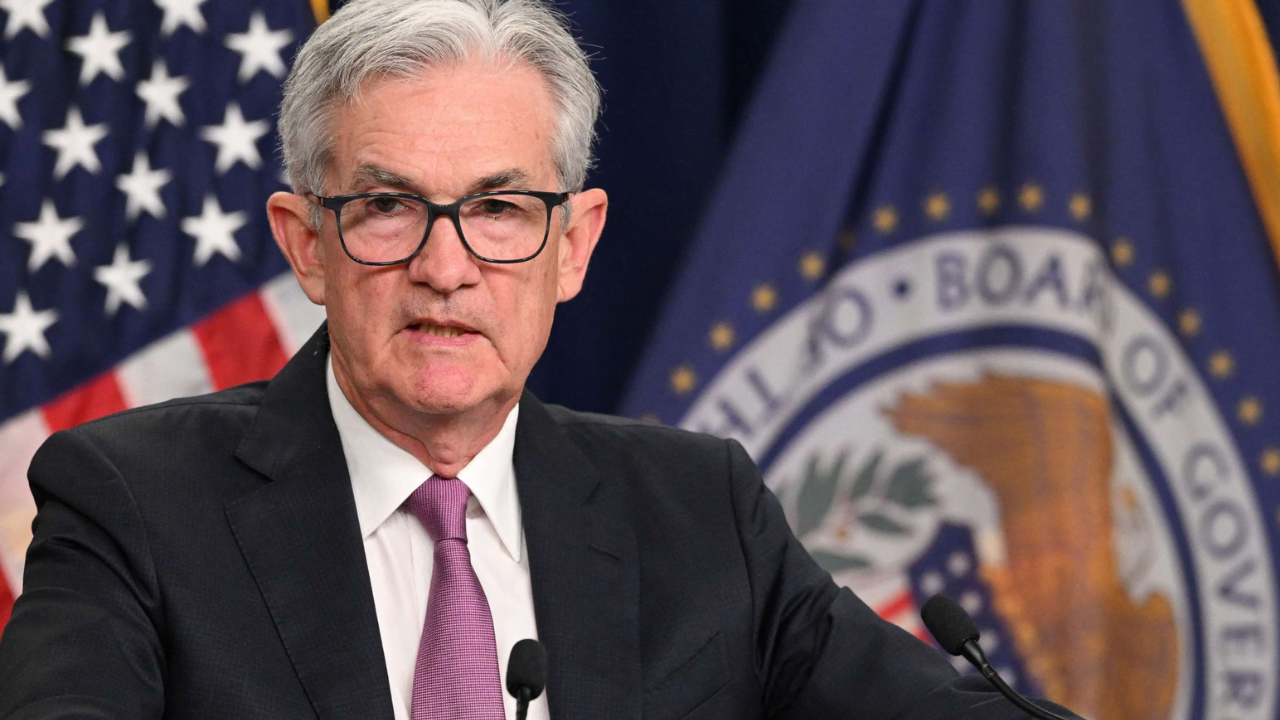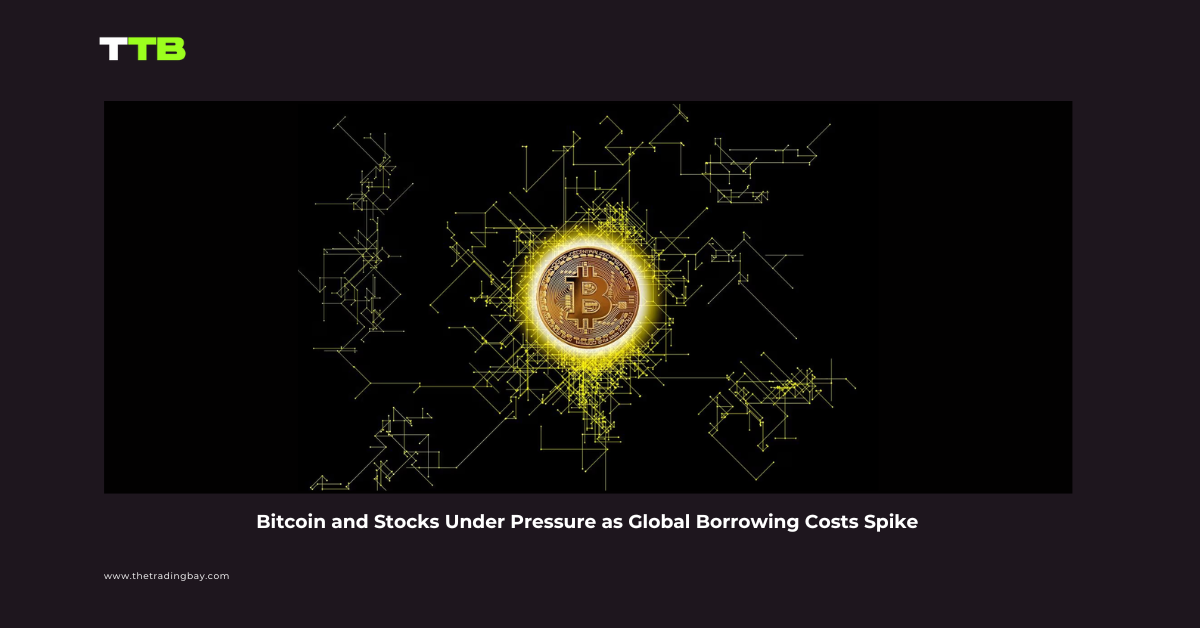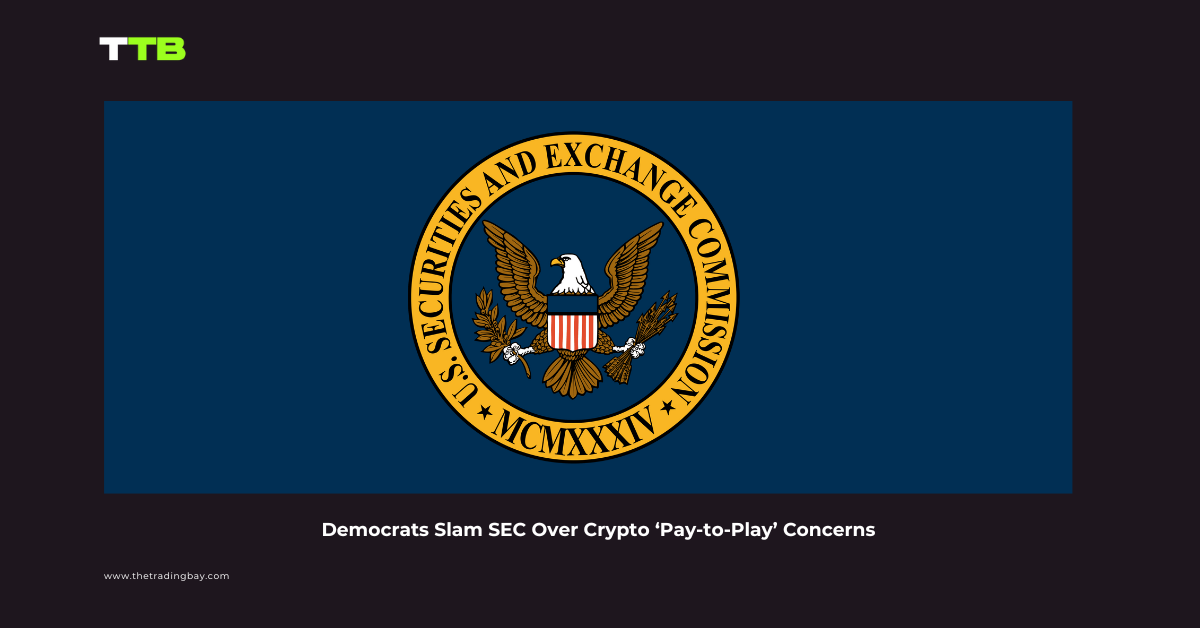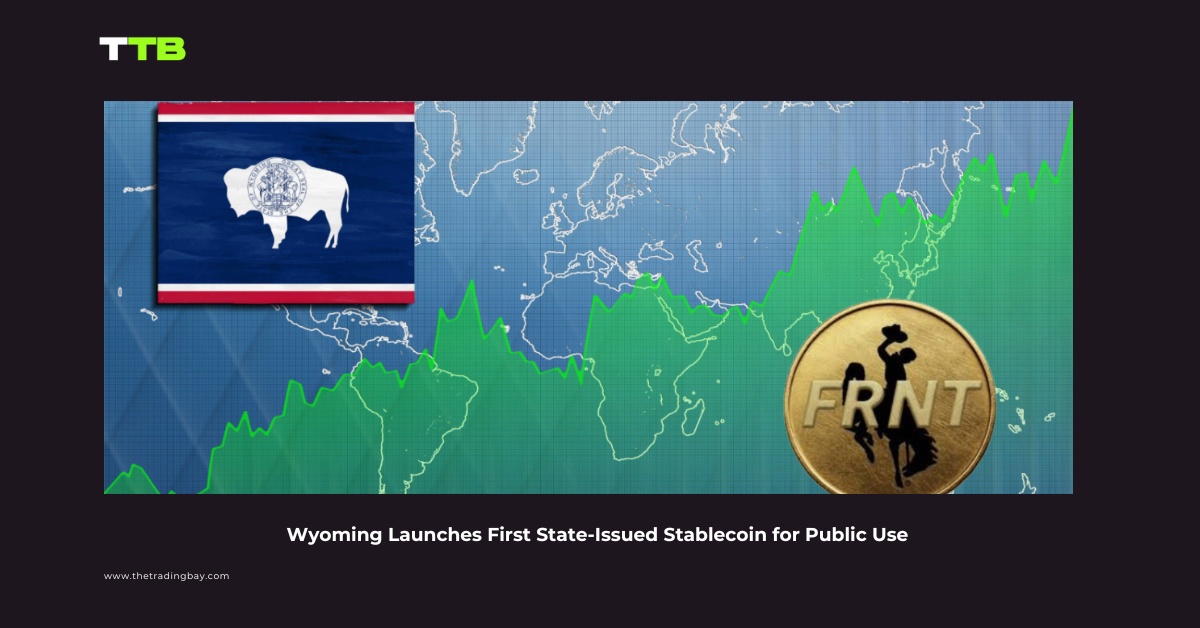Federal Reserve Chair Jerome Powell confirmed on Monday that he plans to remain in his position until his term expires in 2026, countering claims from some of Donald Trump’s supporters that he would be ousted if Trump returns to the White House. Powell’s statement came in response to a question at an event, where he succinctly answered, “Yes,” when asked if he intends to serve out his full term.
Potential Friction Between Powell and Trump
Powell’s confirmation sets the stage for potential friction between him and Trump if the former president wins the 2024 election. Trump, who recently survived an assassination attempt, had a notoriously strained relationship with Powell during his first term. Initially appointed to the Fed Board of Governors by Barack Obama, Powell was later chosen by Trump to lead the central bank in early 2018. However, Trump soon turned against him, criticizing the interest rate hikes during Powell’s first year and even contemplating firing him, though aides later said Trump realized he likely lacked the authority to do so.
Despite the threats, Powell remained in his position, while President Joe Biden has refrained from similar criticisms during his term. The next president will have the opportunity to select the next Fed chair, and when asked if he would continue if reappointed, Powell said, “I have nothing for you on that today.” Trump has stated he would not reappoint Powell, and some of his loyalists predict Powell will leave soon after a potential Trump re-election.
Challenges to Fed Independence
Trump allies have been reportedly drafting proposals to undermine the Fed’s independence if Trump wins the next election. According to an April report by the Wall Street Journal, a small group of Trump supporters produced a nearly 10-page document outlining a policy vision for the Fed, suggesting Trump should have input on interest rate decisions and the authority to remove Powell before his term ends in 2026. Though unusual, Powell’s term as a Fed governor extends until January 31, 2028, which means he could remain on the board even if replaced as chair.
Another conservative group, organized by the Heritage Foundation, has also proposed initiatives to limit the Fed’s power under a second Trump administration. Despite these efforts, Trump has distanced himself from the Project 2025 initiative, which outlines some of these proposals.
Interest Rate Decisions Amid Political Climate
Trump has accused Powell of potentially lowering interest rates to boost Biden’s re-election chances. With inflation cooling, financial markets anticipate that the Fed may cut rates at its September 17-18 meeting, just weeks before the presidential election on November 5. Powell has been repeatedly questioned about whether the election influences the Fed’s rate decisions. He reaffirmed on Monday that the Fed’s decisions are not politically motivated, stating, “We don’t take political considerations into account. We don’t put up a political filter on our decisions.”
Powell began his Monday appearance by acknowledging the recent attempt on Trump’s life, calling it a “sad day for our country” and expressing his well wishes to Trump. He reiterated that the Fed’s focus remains on economic indicators, not political events, and assured that their decisions are made independently of political pressures.
Market Reactions and Future Prospects
The potential for increased friction between Powell and Trump could affect market stability as the election approaches. Investors are closely watching how the political climate might influence economic policies and the central bank’s actions. The next few months will be crucial as the Fed navigates its decisions amid a backdrop of political uncertainty and ongoing economic challenges.
In summary, Powell’s commitment to serve his full term and the ongoing political dynamics surrounding the Fed’s independence highlight the complex interplay between economic policy and politics. As the 2024 election draws nearer, the actions and decisions of the Federal Reserve will remain under intense scrutiny, with significant implications for the U.S. economy and financial markets.





